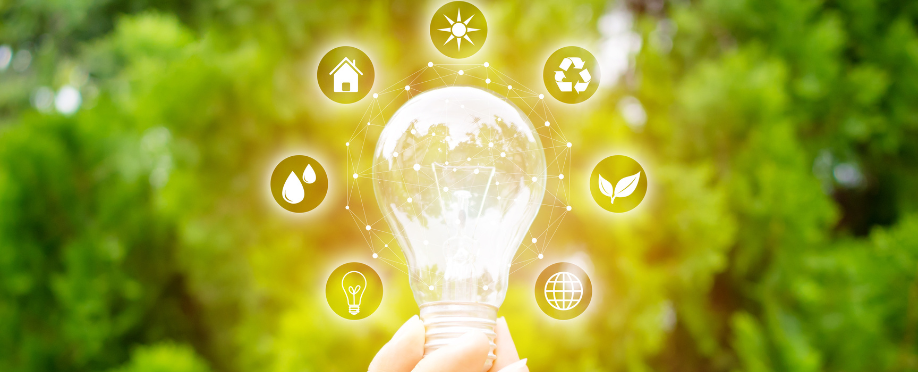
For just about any organization, energy efficiency should be a key goal. The beauty of focusing on more efficient energy is that it benefits everyone involved – businesses can improve their budgeting strategies by cutting down on wasted resources, and Mother Earth will be appreciative as well, as reducing pollution is always a key objective. Better energy policy is a universally positive step.
This is true for everyone, but perhaps especially in the supermarket industry. As all store managers know, energy costs tend to make up a sizable portion of the budget and keeping these expenses under control is a key component of profitability. That’s why so many supermarket operators are focused on such issues as how to improve refrigeration efficiency.
A key objective for any supermarket should be to reduce the emission of greenhouse gases. Doing so can not only increase a company’s bottom line and benefit the environment to boot, but it should also help supermarket chains steer clear of the government intervention that stems from environmental issues and the bad press that comes with it.
It’s clear at this point that for any store manager, efficient energy use matters – a lot. The following are three key goals that supermarkets should have as they look to improve their overall strategies.
Reduce wasted resources
Any refrigerants that leak or go unused are a complete waste – to the business and the environment. Leakage can be hazardous to the planet and cause undue attention from the EPA, while unused refrigerants are simply a drain on supermarkets’ already tight budgets. The goal should be to make sure that every bit is used optimally.
Encourage eco-friendly refrigerants
A key goal of all energy efficiency experts, whether in the U.S. or anywhere else, is to encourage the use of more environmentally friendly refrigerants. Doing so can help any supermarket chain enhance its reputation as a business that’s embracing the progressive business landscape of the 21st century. This perception is invaluable.
Improve refrigeration infrastructures
Preventing one leak is a short-term improvement, but the real goal in supermarket maintenance is to make long-term changes that will ensure the viability of the business. That’s why it should be a priority to further the integration of refrigeration, heating, and ventilation systems that increase efficiency and reduce greenhouse gas emissions.

 2016: City US is established in North America, in partnership with Southeastern Grocers (SEG), servicing over 750 supermarkets across 7 southern states.
2016: City US is established in North America, in partnership with Southeastern Grocers (SEG), servicing over 750 supermarkets across 7 southern states. 1985: Willie and Susan Haughey establish City Refrigeration Holdings (UK) Ltd in Glasgow, UK.
1985: Willie and Susan Haughey establish City Refrigeration Holdings (UK) Ltd in Glasgow, UK. 2009: City Australia launches in Melbourne, in partnership with Coles, servicing over 700 supermarkets across the country.
2009: City Australia launches in Melbourne, in partnership with Coles, servicing over 700 supermarkets across the country. 2015: City Asia launches in Kuala Lumpur, Malaysia, in partnership with Dairy Farm, servicing over 205 supermarkets across the region.
2015: City Asia launches in Kuala Lumpur, Malaysia, in partnership with Dairy Farm, servicing over 205 supermarkets across the region.